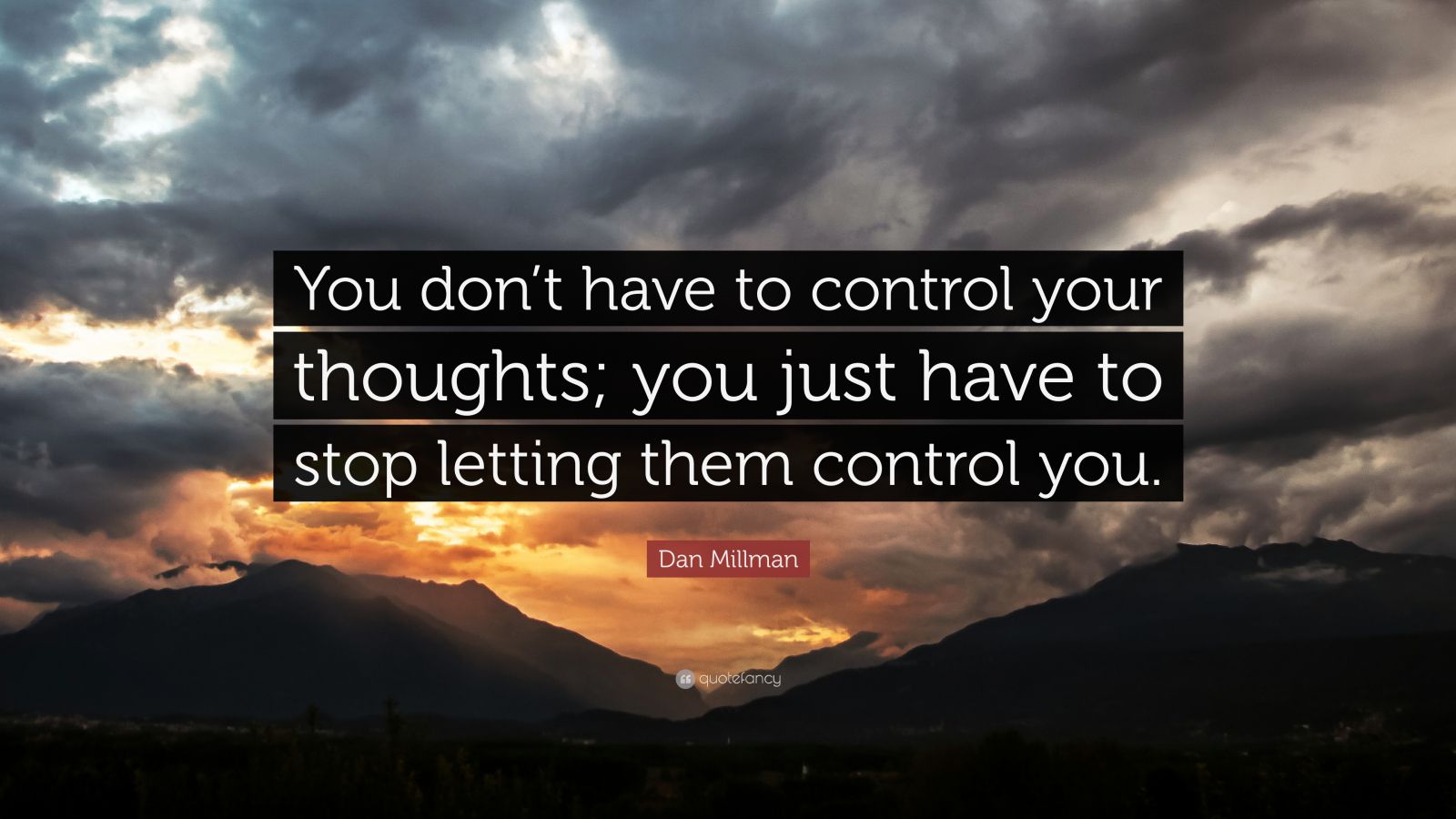
And how I would always think about that is we don't say that to white reporters or to white journalists. And I'm able to maybe tap into parts of a story that others don't think about.

It makes me a better journalist to have experienced firsthand some of the things that I'm covering because I understand all sides of it. I had heard for many years, even before George Floyd, that, "Oh, will you be able to cover stories that involve your community? Black people, can you be objective? Can you be neutral?" But we all have connections to everything that we cover. Somehow we feel like not having a connection to something makes us better at covering it. It's interesting because oftentimes we have this warped notion of what objectivity is in this country, and especially when it comes to journalism. On the problem with "objectivity" in journalism I was almost to the point of talking to my husband about, "Is there something else I could do? Could we still survive and not have to cover this? Like, what are our finances like?" It was a really dark period. I did the job, but it was so tremendously hard. And so when George Floyd was murdered and people were taking to the streets again, I had to be a translator for my team and I was broken. Oftentimes, there's not an understanding. You asked me there were times where I was the only Black person in a newsroom. But with that, I was also faced with a reality that I've seen in every single newsroom that I've been in. That's the positive thing that I saw come out of it. There was something about the quiet and the stillness of the pandemic that allowed us to see ourselves a little more clearly. And this was a flash point because the entire nation seemed to rise up. covering some of the worst news in the history of our nation, and here we were with another one.

was particularly hard because I had been. It is a life that is lost and it's another tick on our history with Black people in interactions with law enforcement. I don't think there is a story about police violence that I don't cry over when I go home at night. And it really says a lot that you actually don't see this community as part of the greater coverage that we're supposed to do to serve this community.Įvery time a Black person is killed by police and I have to cover it, it affects me personally. And this is exactly the community I want to cover. I mean, this is exactly where I want to be. This neighborhood is not the place to be, and this is not the area that you want to cover." And I thought, like he has no understanding of who he's talking to. I remember when I was working in Seattle, the first week I started, a photographer, very well-meaning guy, we were driving through a neighborhood that was considered a Black neighborhood, and he said to me, "So, you know, I want to give you the lay of the land. On feeling like Black communities were being overlooked by white newsrooms And I also could feel it in my career like I wasn't exactly the look of the time. And at that time, I knew I could not really compete in that sphere. It really is part of the reason why I transitioned out of news, because something happened in the mid 2000s where the look for television became even more vampy. I was always very aware of it and it was very stressful. So the first was the story that I was sharing with the public, but the other was my appearance. There was always like a script in my mind that was happening, two of them at the same time. Mosley reports live in 2003 from Fort Wayne, Ind., during her first on-camera job.Īnd so I was a very nervous television reporter. Through it all, Mosley was frequently the only Black person in the newsroom, which left her feeling scrutinized, "like I had to be better than everyone else, or I had to make sure that I was twice as good, because if I make one mistake, everyone, their eyes are on me," she says.
#I never had thoughts that control me tv
She worked her way up to became a producer for the morning and afternoon shows in Columbia, Mo., then branched out as a TV reporter in several cities, including Seattle and Louisville. But in her senior year of college, she landed a job as a teleprompter operator at the local ABC affiliate, which launched her into TV news. Mosley grew up in Detroit in the 1980s and '90s, and attended the University of Missouri with the intention of becoming a print journalist. "And because of how he exposed me to news, I then became interested in it. He had the radio on in his home all the time," Mosley says.

It's a passion she traces back to her grandfather. She is the new co-host of Fresh Air.įor as long as she can remember, Tonya Mosley, the new co-host of Fresh Air, always wanted to be a journalist. Tonya Mosley credits her grandfather with inspiring her career in journalism.


 0 kommentar(er)
0 kommentar(er)
